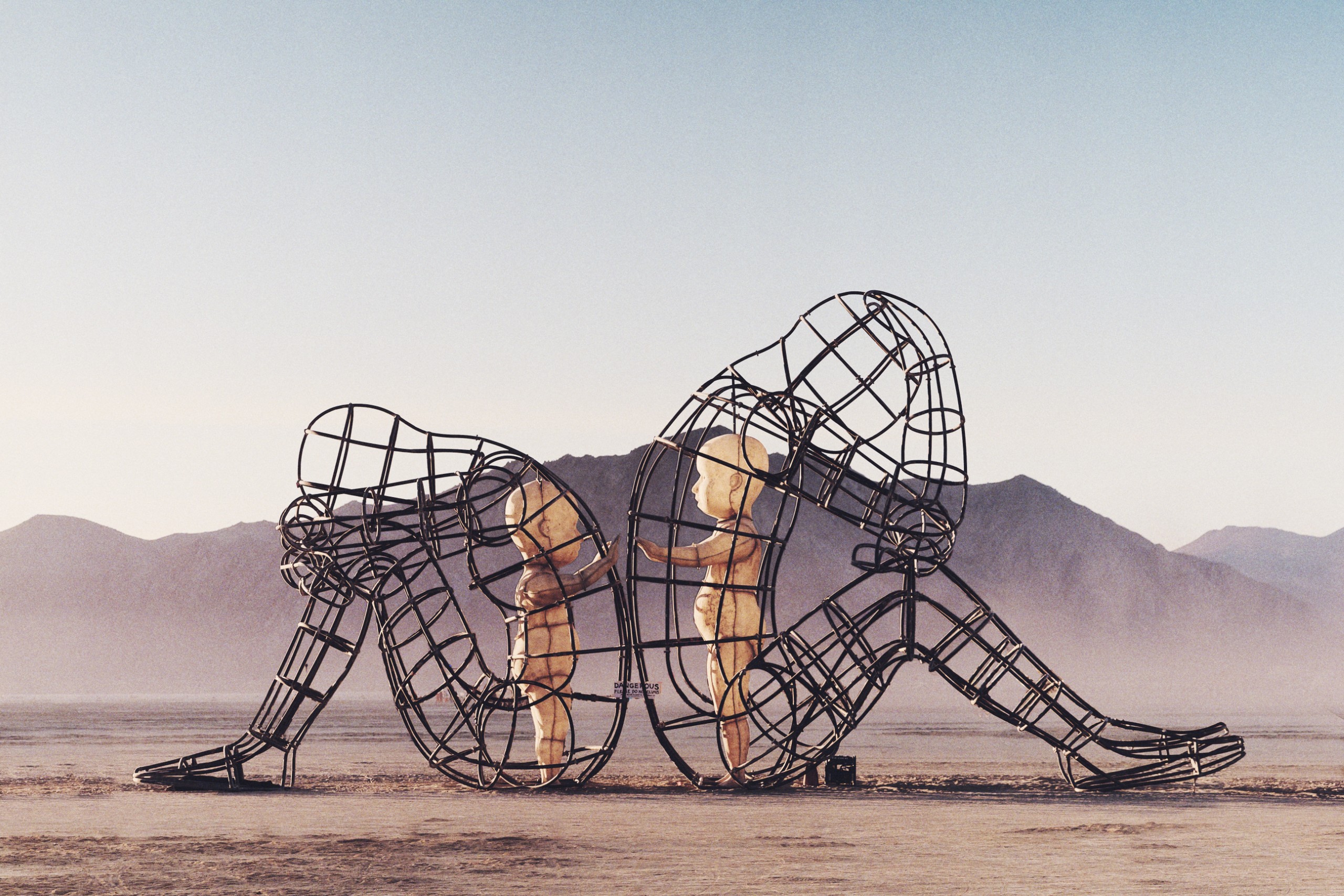In this article, we invited guest writer Ron Jette to look at empathy, what it is and how it can improve your relationships, boost your career and — he says — even make this world a much better place if we all just had a little more of it.
Without exception, empathy is always appropriate.
— STEPHEN R. COVEY, Author
“I don’t think you are listening to me,” she said, with more than a hint of desperation in her voice.
“I am listening,” I assured her, knowing full well she was right. Oh, I guess you could say I heard her, but I was so busy making my point, explaining my logic, scrambling to come up with an even better argument and being right, that I gave zero attention to her point, her logic, her argument.
Empathy. I’d like to think I have it in spades. It allows me to consider the feelings of others before making decisions. And—I hope—it makes me a better person.
But that day. . . Let’s just say that later, I had some explaining apologizing to do.
And that got me thinking.
Empathy—here’s a mouthful from Merriam-Webster:
“…the action of understanding, being aware of, being sensitive to, and vicariously experiencing the feelings, thoughts, and experience of another of either the past or present without having the feelings, thoughts, and experience fully communicated in an objectively explicit manner.”
I prefer the simpler definition offered by the Cambridge English Dictionary:
“. . .having the ability to imagine how someone else feels.”
No, it doesn’t mean being able to read minds. But it does mean being sensitive to how others might feel about a given situation without them actually drawing you a picture. It means using your imagination to try to get into their shoes. Armed with that knowledge, you are then able to be more caring and compassionate, more understanding, more open to new ideas and happier. And you will find it easier to reduce conflict in your life.
Here’s something else that will happen: You will enjoy more success in your professional life.
Think about how this skill could be helpful at work. Empathy allows you to better “read” people, something we have discussed in this blog in the past. Maybe you will be better able to figure out what motivates your colleague, your reports and even your superiors. This intel can help you more effectively get them onboard with your way of thinking.
And you’ll enjoy better relationships up and down the chain of command. How can having more empathy be a bad thing? It can’t.
Sharpening your empathy skills
How can you learn to be to become more empathic (or, as some like to say, more empathetic), to actively think beyond yourself and your own concerns? It’s easy. Just change your brain! (Change, not exchange. This is not a medical column.)
Science has shown that empathy is hardwired into our brains—the part of the brain called the right supramarginal gyrus helps us separate our own emotional state from that of another. If you want your supramarginal gyrus to have the biggest biceps in the neighbourhood, you’ll just have to hit the (mental) gym. Here are a few exercises that will help.
- Be observant of others. Put the phone down while waiting for the bus and just look around. Imagine how others might be feeling or what they might be thinking about. (Try to avoid labelling or judging them—that’s not what this exercise is about.)
- Really listen. This is important, especially when you are arguing. Rather than listening intently (read: with intention) while others speak, many people are already putting together their next line of reasoning or defence. Instead of waiting for a gap so you can keep talking, really listen. Slow down—even ask questions to allow them to clarify their thoughts.
- Be considerate. When someone else is speaking, try to understand their emotional state and consider what they may have experienced or what their deeper motivation might be that led them to their current view. Remember, you don’t have to share someone’s opinion to understand it or acknowledge it. Being considerate is not only good manners, it will also help you inform and, perhaps, expand your own thinking.
- Give back. It helps to listen and try to understand others, but communication is a two-way street. Giving more of yourself—feelings and thoughts—can also lead to a better all-around understanding.
Although your position may be different from the one you’ve just encountered, the more empathy you have, the more likely it is you will uncover common ground or areas of agreement. In fact, just imagine how much better this entire world would be if we all had a little more empathy.

